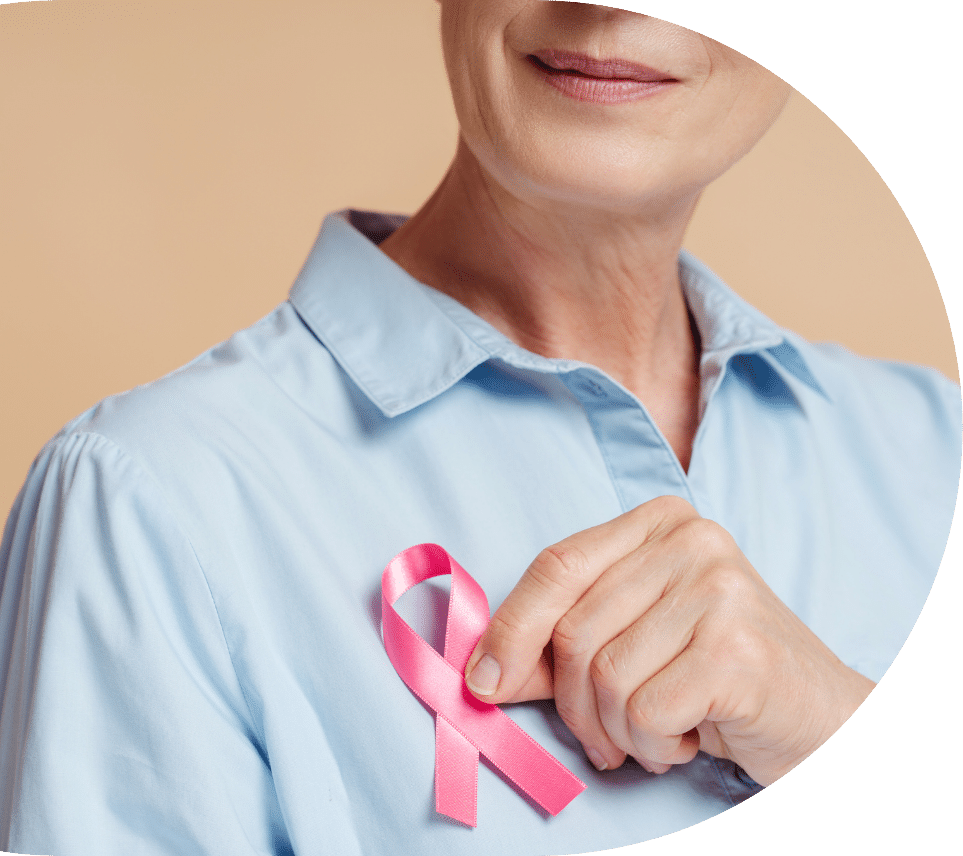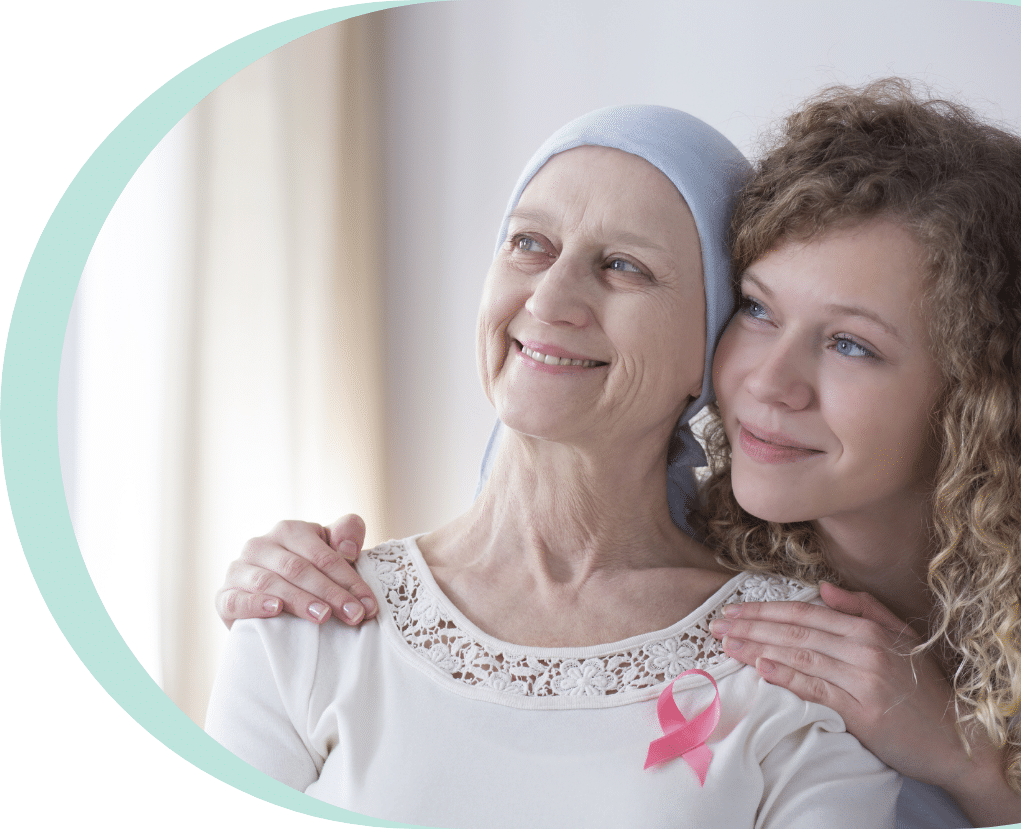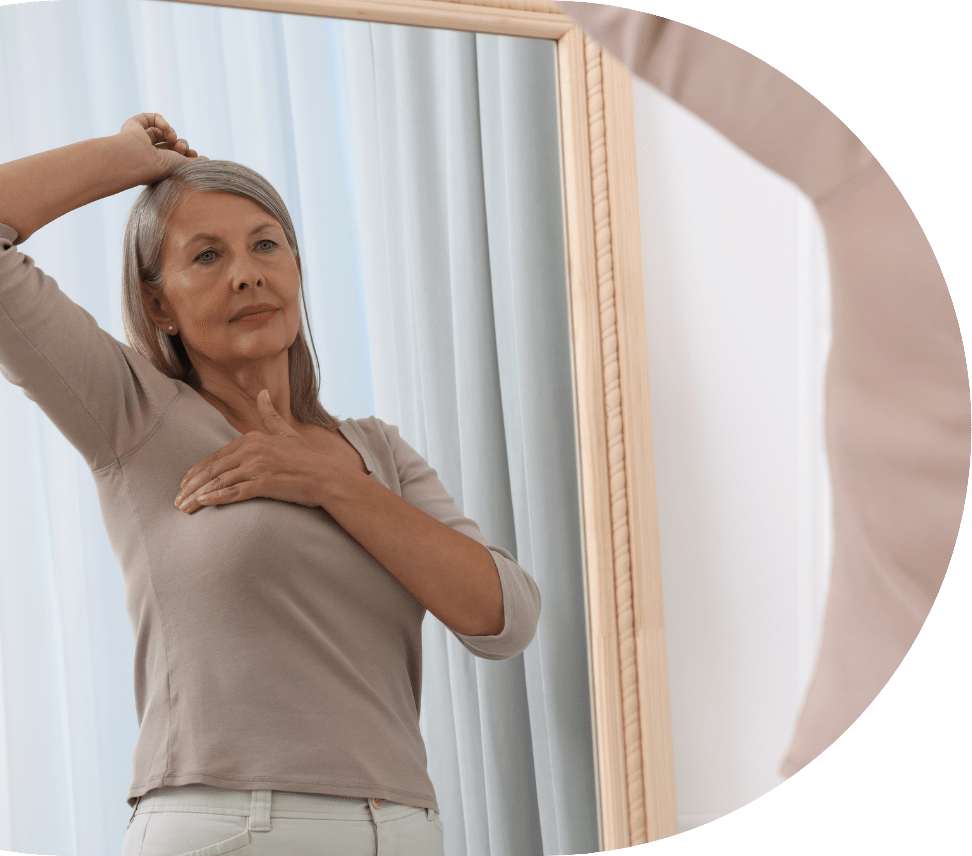2
Diagnostic Mammogram
If you have a problem in your breast, such as lumps, or if an area of the breast looks abnormal on a screening mammogram, your healthcare provider may recommend a diagnostic mammogram. This is a more detailed X-ray of the breast.



